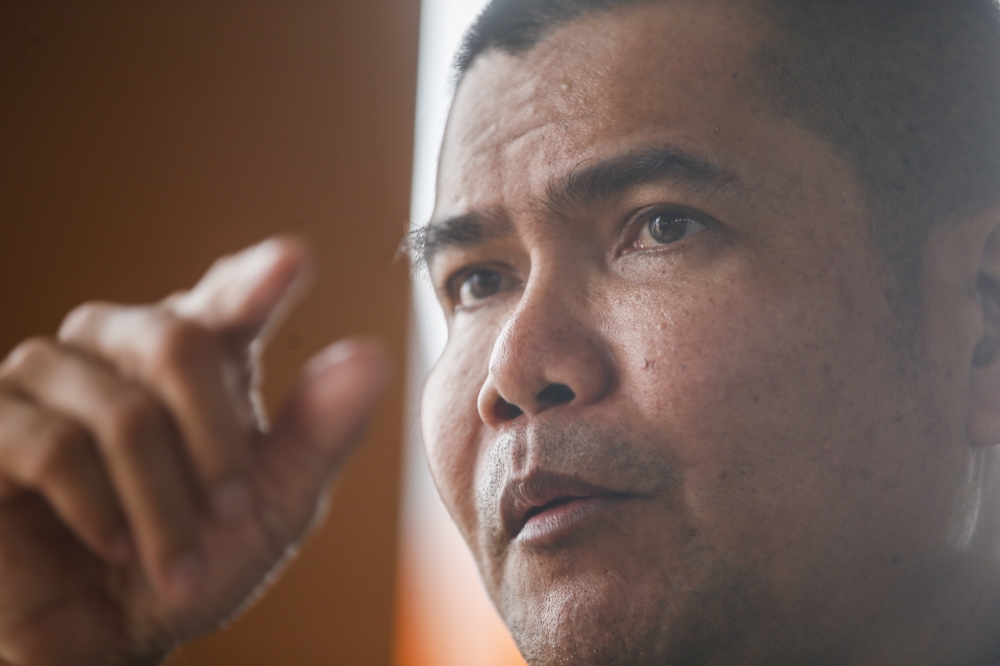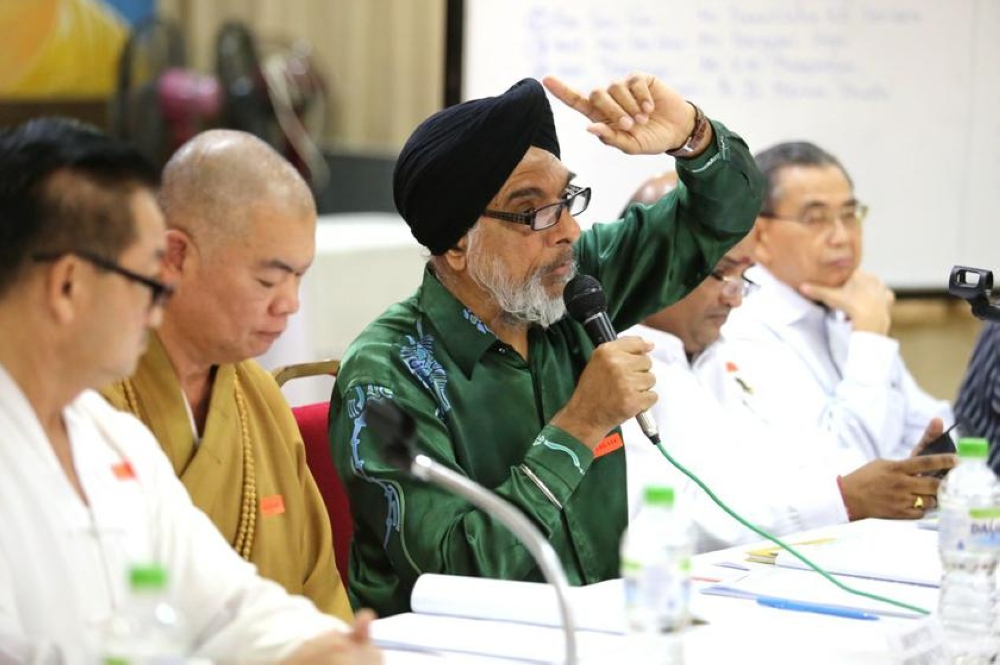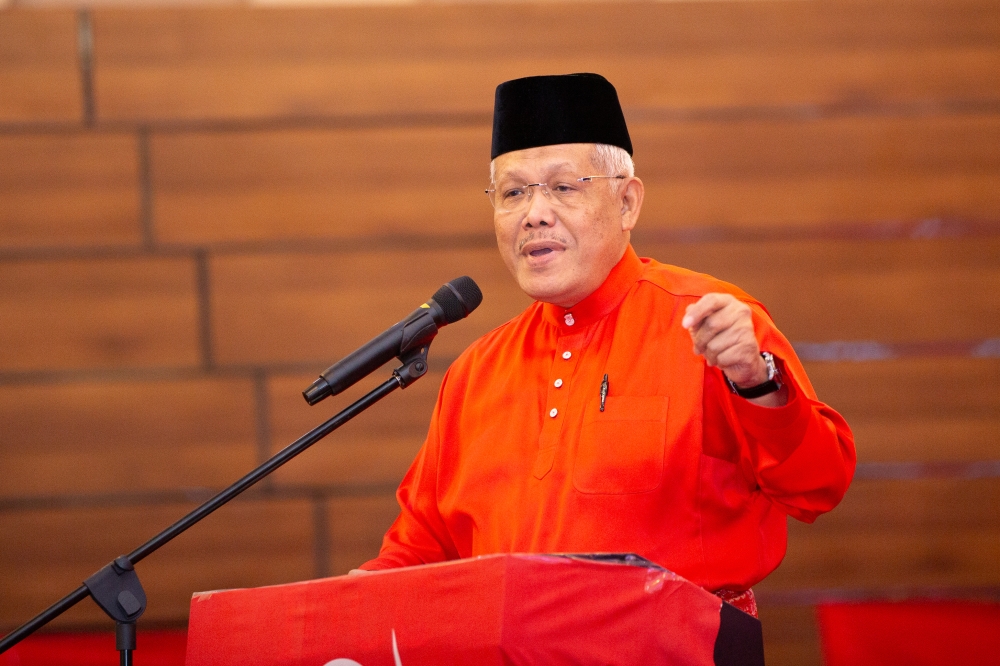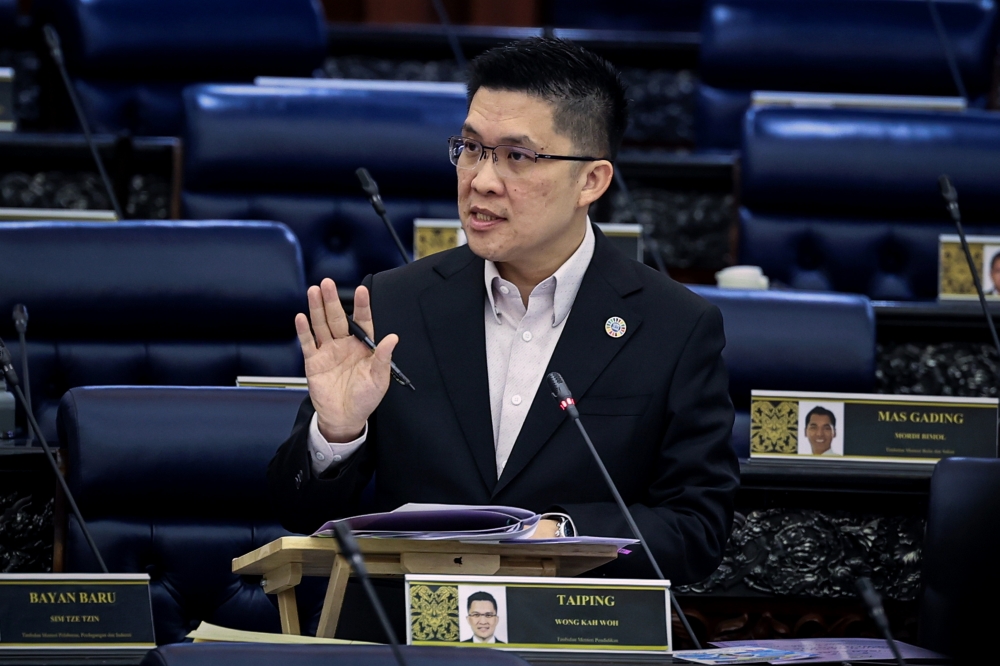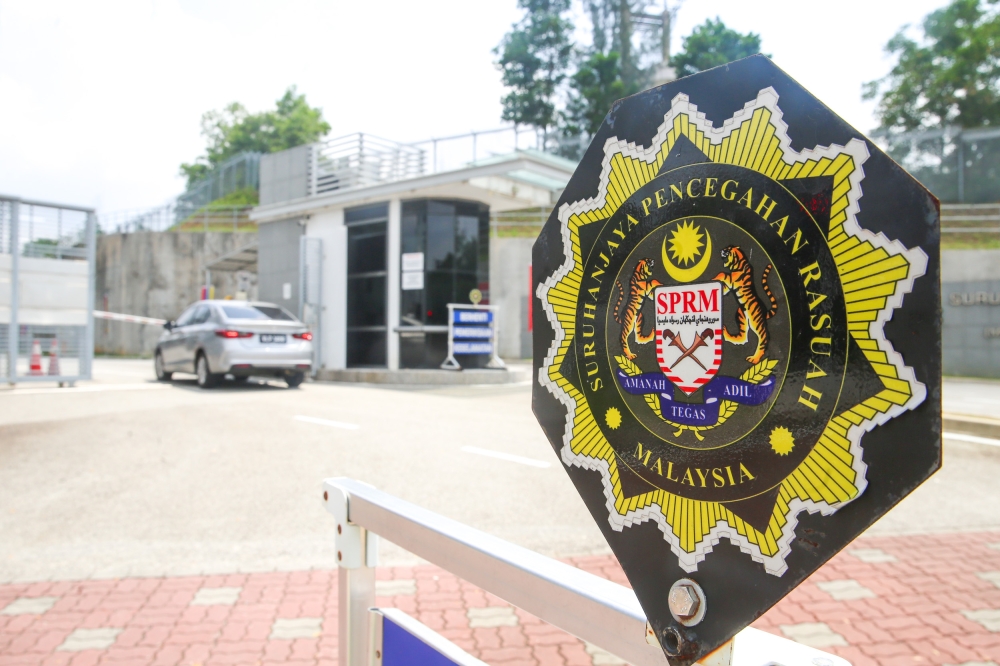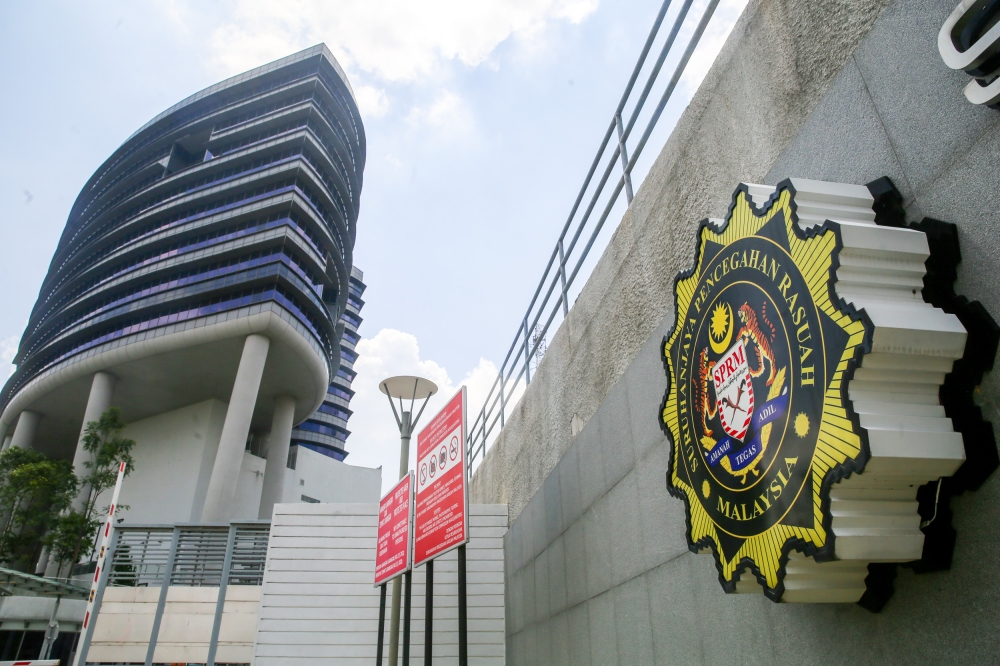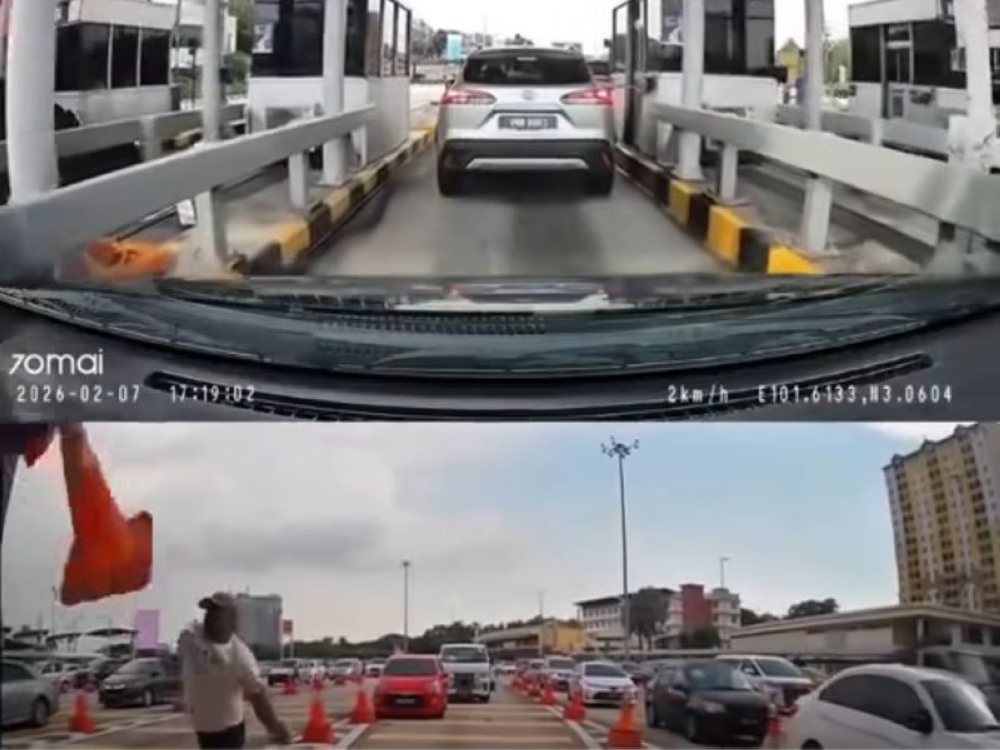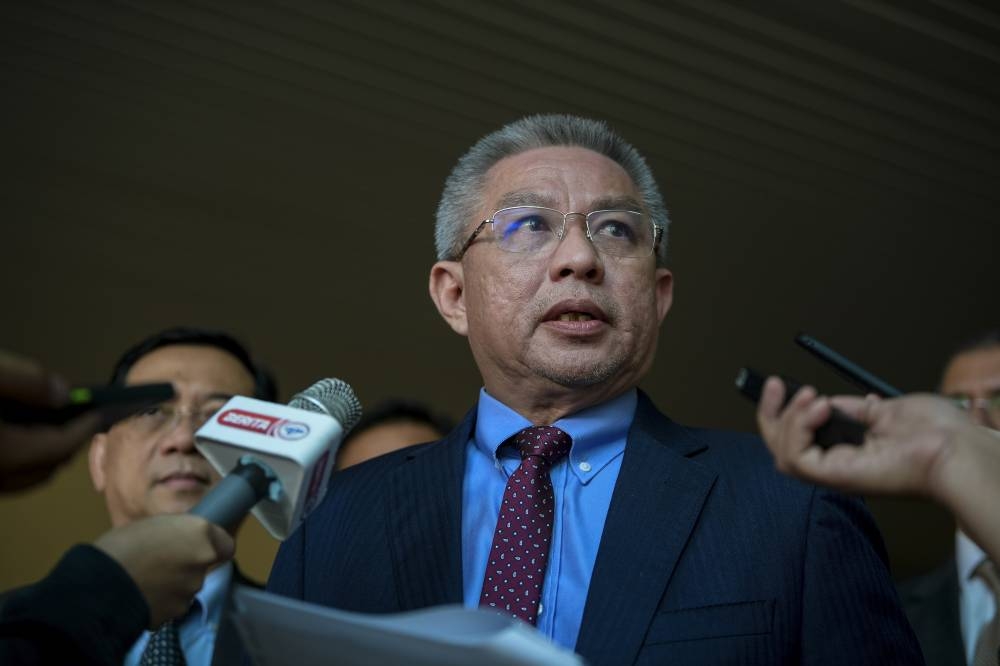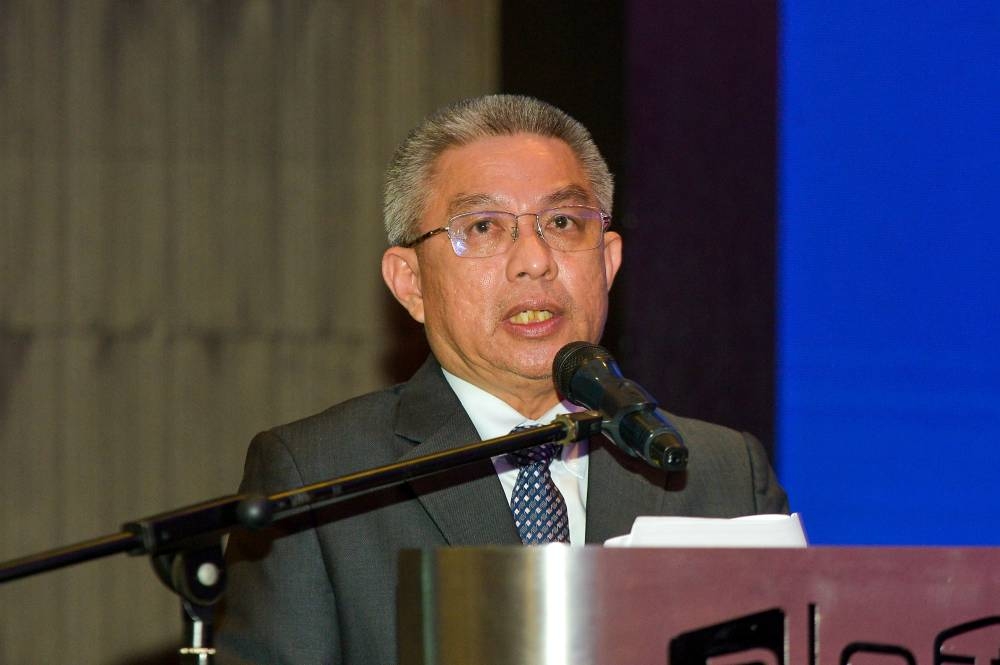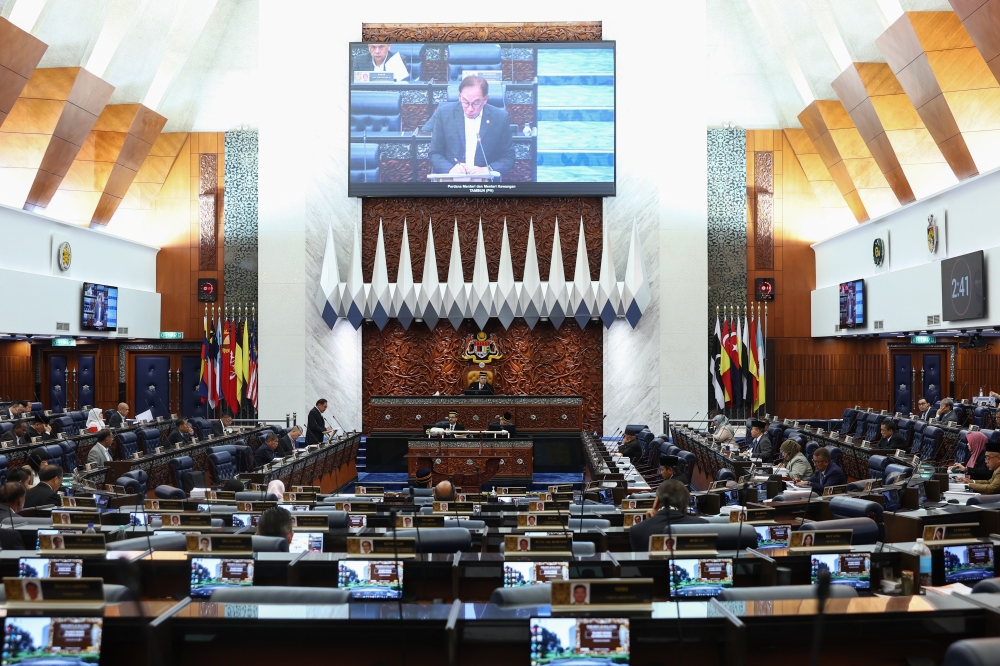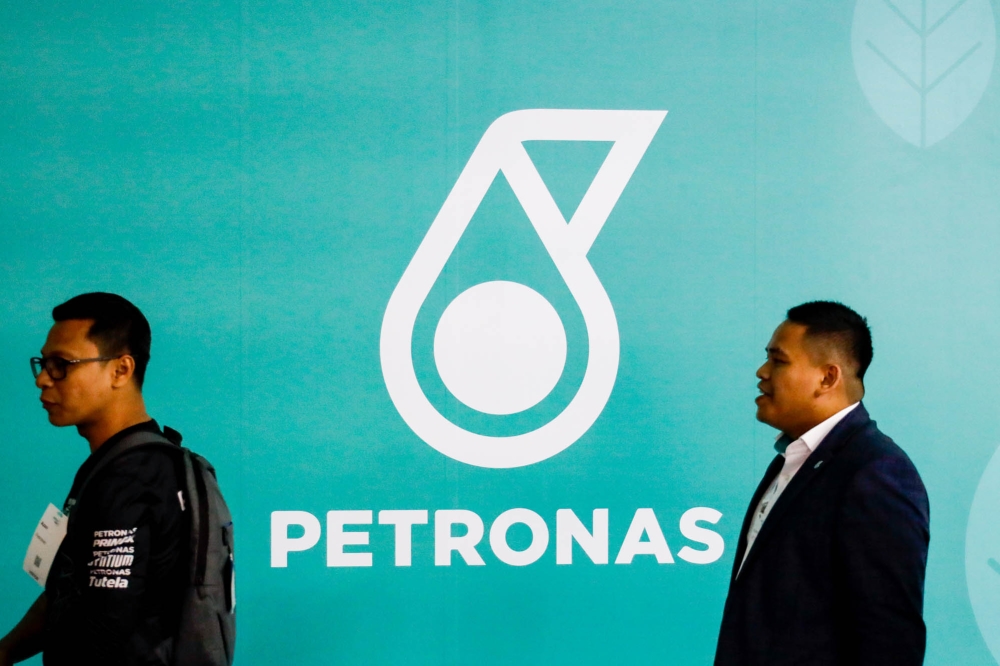KUALA LUMPUR, Aug 12 — Malaysia is studying a suitable approach to implement the end-of-life vehicle (ELV) management policy by 2025, Science, Technology and Innovation Minister Datuk Seri Dr Adham Baba said.
He said the development of the policy was important to ensure the components and usable materials of old vehicles can be of use and not be simply thrown away.
“The excess of dilapidated vehicles. which also have resulted in dengue outbreaks, occur because there is yet a policy that decides on the proper action that needs to be taken, with emphasis on the method of proper disposal,” he said during the signing of the memorandum of understanding (MoU) between Universiti Teknologi Malaysia (UTM), representing the ELV Research Consortium, and Malaysia Automotive Recyclers Association (MAARA).
Malaysia is looking at Singapore and Japan, two countries that have expertise in ELV recycling in drafting the framework, he said, adding that 70 per cent of dismantled items from ELV can be exported to other countries, and has the potential of reaching RM10 billion for the related industries.
Based on data from the Transport Ministry, since May 2022, there were a total of 33 million registered vehicles in Malaysia, with 19 million of them being at least a decade old.
On the MoU signed today, Dr Adham said the consortium involved three universities, UTM, Universiti Kebangsaan Malaysia (UKM) and Universiti Teknikal Malaysia Melaka (UTeM) working with industry players, such as MAARA, to resolve the issue of ELVs through recycling or upcycling.
The MoU is aimed to gather data and information about re-manufacturing and recycling, as well as foster cooperation between industrial and consortium members through research and training programmes and to develop a re-manufacturing and recycling plan to support the National Automotive Policy 2020.
When asked about electric vehicles (EV), Dr Adham said that Malaysia intends to establish 10,000 charging stations throughout the country compared to 700 currently by 2025.
The EV battery development industry would also need to be coordinated to the use of EVs to provide jobs for the B40 group, he added. — Bernama


